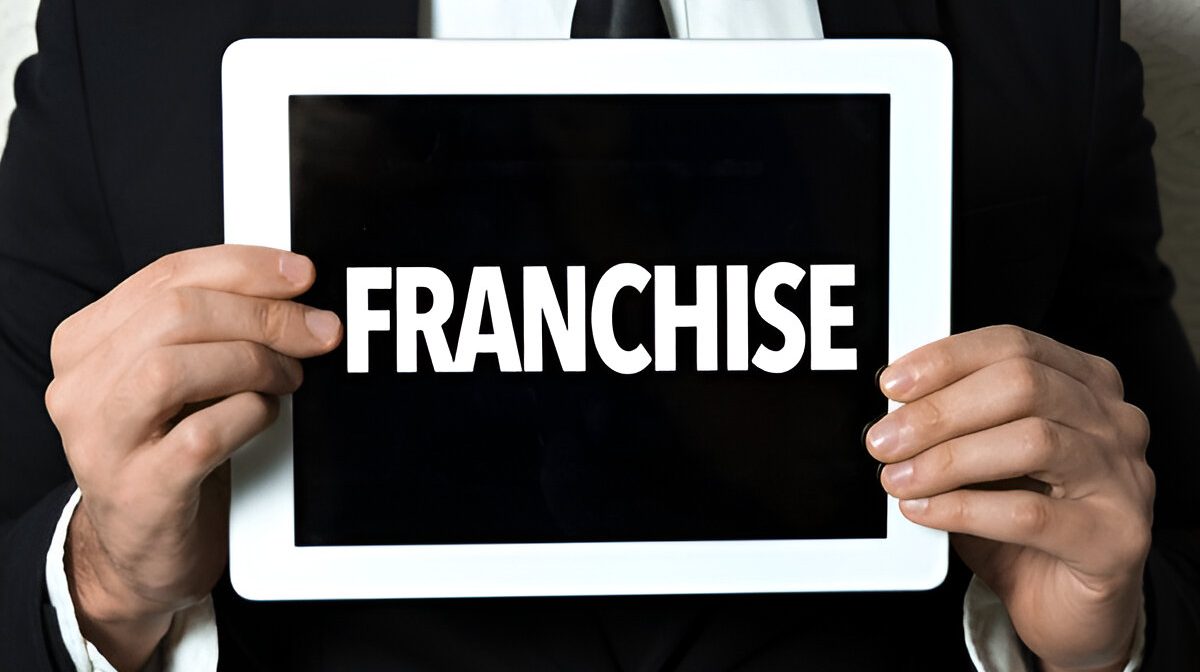
Introduction to Franchising
Franchising is more than just a buzzword in the world of business—it’s a time-tested method of expansion that has helped brands scale across countries and continents. But for the everyday person, “what is a franchise?” is a question that often sparks curiosity. The answer is layered, and understanding it can open the door to exciting opportunities for entrepreneurship.
Understanding the Franchise Concept in Simple Terms
At its core, a franchise is a business agreement where one party, known as the franchisee, pays another, the franchisor, for the right to operate a business under an established brand. This setup includes using the franchisor’s trademarks, systems, products, and marketing strategies. Think of it like renting a successful business blueprint—you get to run your own business, but with the roadmap of a proven model.
Evolution of Franchising: A Brief History
Franchising isn’t a modern invention. It dates back centuries, with some of the earliest examples found in the Middle Ages, when landowners granted peasants the right to operate businesses on their estates. The model evolved dramatically in the 20th century with the rise of brands like McDonald’s and Subway, transforming into a global system that now spans industries like retail, education, health, and real estate.
How Franchising Works: The Core Framework
To understand franchising better, it’s essential to look at how the model operates and the roles involved.
Roles of Franchisor vs. Franchisee
The franchisor is the original business owner who has created a replicable system. They offer the brand, operations manual, marketing support, and sometimes even the supply chain. The franchisee, on the other hand, is the investor or entrepreneur who runs a local branch of the business, adhering to the franchisor’s guidelines while managing day-to-day operations independently.
Franchise Agreements and Legal Framework
This relationship is governed by a legally binding franchise agreement, which outlines the rights, responsibilities, duration, and fees involved. It ensures consistency across all franchise locations, maintaining brand integrity and customer experience, while protecting both parties legally and financially.
Types of Franchises
Not all franchises are created equal. There are several models that suit different business needs.
Product Distribution Franchises
In this model, the franchisee sells the franchisor’s products, often using the brand name, but with more operational freedom. Think of automobile dealerships or large soft drink distributors.
Business Format Franchises
This is the most common form, where the franchisee adopts the entire business format—branding, training, systems, and support. Fast-food chains like KFC and Domino’s Pizza fall under this category.
Manufacturing Franchises
Here, the franchisor allows the franchisee to produce and sell products using its trademark and formula. This model is often used in industries like food production, cosmetics, and beverages.
Benefits of Owning a Franchise
So why do thousands of entrepreneurs choose franchising over starting from scratch?
Brand Recognition and Trust
Joining a franchise means leveraging a name that customers already know and trust. This gives franchisees a head start in building a loyal customer base.
Training and Ongoing Support
Franchisors provide initial training, operations manuals, marketing materials, and ongoing guidance—greatly reducing the learning curve for new entrepreneurs.
Higher Success Rate Than Startups
Studies show that franchises tend to have a higher success rate than independent startups, largely due to their proven systems and brand strength.
Challenges and Risks in Franchising
Despite its advantages, franchising isn’t risk-free.
Initial Investment and Fees
Starting a franchise often requires a substantial upfront investment. Franchisees also pay recurring fees or royalties based on revenue, which can eat into profits.
Operational Restrictions
Franchisees must follow strict guidelines, which can limit creativity and flexibility in running the business.
Market Competition and Territory Limits
Many agreements come with territory restrictions, and competing franchise locations can sometimes lead to internal brand saturation.
Steps to Starting a Franchise
If franchising appeals to you, here’s how to get started:
Research and Choose the Right Franchise
Evaluate industries that align with your interests and goals. Use platforms like Franchise Direct to explore options.
Legal & Financial Due Diligence
Review the Franchise Disclosure Document (FDD), consult a franchise attorney, and assess the financials before signing anything.
Training, Setup, and Launch
Once approved, you’ll undergo training and begin preparing your location, hiring staff, and marketing for launch.
Franchising vs. Starting Your Own Business
There’s no one-size-fits-all answer to this debate.
Independence vs. Structure
Starting your own business offers creative freedom, while franchising offers structure and a support network.
Risk vs. Reward Comparison
Independent startups face higher risks but may offer greater long-term rewards. Franchising offers stability and predictability but with ongoing costs and rules.
Industries Best Known for Franchising
Some industries are more franchise-friendly than others.
Food and Beverage
Quick service restaurants (QSRs) dominate the franchise world, offering consistent demand and brand loyalty.
Retail and Fashion
Clothing stores, beauty brands, and convenience stores operate efficiently under franchise models.
Fitness, Health, and Wellness
Yoga studios, gyms, and health clinics are growing fast as franchise models, especially with wellness trends on the rise.
Common Myths About Franchising
Let’s clear up a few misunderstandings.
“It’s Not Really Your Business”
While you follow a system, you’re still the owner. You hire employees, manage operations, and take home the profits.
“Franchising Guarantees Success”
No business is risk-free. Success depends on your dedication, market demand, and how well you execute the model.
The Legal Side of Franchising
Understanding the legal framework is vital for long-term success.
Franchise Disclosure Document (FDD)
The FDD includes 23 items detailing fees, obligations, financial performance, and more. It’s a must-read before signing any contract.
Understanding Franchise Contracts
These contracts outline the length of your franchise term, renewal options, royalty structures, and dispute resolution methods.
How to Choose the Right Franchise for You
A smart choice starts with self-awareness and research.
Aligning with Your Passion and Skills
If you love fitness, don’t buy a restaurant franchise. Match your interests with the right opportunity.
Evaluating the Franchisor’s Reputation
Read reviews, speak to existing franchisees, and evaluate the support system before signing.
Franchise Trends in 2025 and Beyond
Franchising continues to evolve with global trends.
Tech-Driven Franchise Models
Digital ordering, AI-powered CRM tools, and cloud-based operations are now standard features in modern franchises.
Rise of Eco-Friendly and Sustainable Franchises
Green brands and zero-waste businesses are increasingly gaining traction as customers demand environmental accountability.
How to Choose the Right Franchise for You
When selecting a franchise, it’s critical to align your investment with your skills, interests, and location. Geography plays a big role in franchise success, especially in high-growth regions like Florida. If you’re ready to explore available opportunities, check out our latest guide on Franchise Opportunities in Florida—packed with insights on industry trends, investment levels, and top-performing brands across the Sunshine State.
Frequently Asked Questions About Franchising
1. Is a franchise a good investment in 2025?
Yes, especially in sectors like healthcare, tech, and sustainable food brands. But due diligence is critical.
2. How much does it cost to start a franchise?
Costs range from $10,000 to over $1 million, depending on the brand and industry.
3. Do franchisees have full control over operations?
They manage daily operations but must follow the franchisor’s guidelines.
4. Can I own multiple franchises?
Yes, many successful entrepreneurs become multi-unit franchise owners.
5. What’s the difference between a license and a franchise?
Licensing grants rights to use intellectual property, while franchising includes a full business model.
6. Are franchises only for food businesses?
No, you’ll find franchises in cleaning, fitness, childcare, retail, education, and even pet care.
🌴 Ready to Build Your Future in the Sunshine State?
Your franchise journey starts here. Discover top-performing, high-growth brands tailored to Florida's booming economy. From Miami to Jacksonville, the right opportunity is waiting for you.
Explore Franchise Opportunities in Florida





